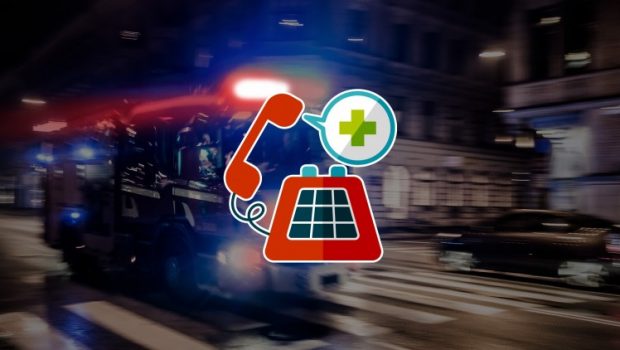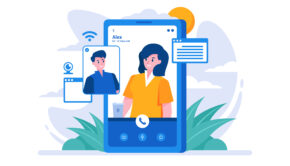How to Make Sure Your VOIP Is Set Up Correctly For 911
When searching for a new phone service for their business, a business owner should ask himself several questions before deciding on a new service. Will I need any expensive special equipment? What features will I need to run my business effectively?
These questions are important, but one of the most important is often overlooked, and that is what will happen when I call 911? As a business owner, you hope it never happens, but you never know when you’ll need to use an emergency service.
It seems silly to think about. What many folks don’t know is a VOIP phone service handles 911 emergency calls differently than a hard-wired land line phone service. Could you imagine calling 911 for a pressing emergency situation but they never arrive? This used to be a legitimate concern when VOIP was in its infancy.
Luckily these days, you don’t have to worry that. VOIP service providers have designed their phone systems so that they will work with 911 services, albeit in a different way. To make sure your VOIP service is connected to 911 properly, there a few simple steps you must take.
First, you should update your information.
If you’re using a hard line analog phone system, most 911 emergency services can trace your location automatically because your phone number is associated with your address via the hard wire phone line leading into your home, but they can’t do so via VOIP without having some additional information.
Without this additional info, all calls will be traced back to your internet service provider instead of you. This means 911 services will think the call is coming from your ISP. If the emergency services software doesn’t see an address associated with the call, it won’t know what address to associate with the call, which means they can’t get you when you need them most.
Therefore, providing this information and making sure you keep it updated if there are any changes is very important. One of the benefits of using VOIP is it’s mobility, so you also have to remember to update your information if the location of the VOIP modem changes. Otherwise, the emergency services system will assume any 911 calls coming from your device are coming from the location you entered originally.
VOIP has its limitations.
One drawback of a VOIP service is that it most likely will not work when the power is out, unlike a traditional analog system. Considering power outages often happen during emergency situations, if this happens, you most likely won’t have access to 911 services when you may need them most.
Having sufficient back up systems in place can help avoid this potential issue, but they come at an additional cost. If you can afford to put these measures in place, you should be able to maintain uninterrupted communications, including emergency ones.
Since VOIP systems use the internet to transmit phone calls, any calls can also be affected by network congestion, which could slow calls made to 911.
Before agreeing to go with a VOIP or a cloud phone system, you should discuss these potential issues with your provider to see how they are handled. A reputable provider will gladly explain the steps you’ll need to take to prepare yourself for any issues.
If they can’t do so, find another provider. It’s not worth risking your life just to save a few bucks each month on a phone service.















